Sozialminister Mückstein (Grüne) hat sich im Vorfeld des EU-Sozialgipfels in Porto für die EU-Mindestlohnrichtlinie ausgesprochen. Aber der grüne Minister darf Österreich beim Sozialgipfel nicht vertreten. Bundeskanzler Sebastian Kurz hat statt ihm ÖVP-Arbeitsminister Kocher mitgenommen, der den Vorstoß für mehr Kollektivverträge und weniger Lohnkonkurrenz zwischen EU-Staaten ablehnt.
Im Gegensatz zu Bundeskanzler Sebastian Kurz und Arbeitsminister Martin Kocher (beide ÖVP) hat sich Sozialminister Wolfgang Mückstein (Grüne) für die EU-Mindestlohn-Richtlinie ausgesprochen. In einem offenen Brief mit grünen Ministern in Irland, Luxemburg, Finnland und Belgien zum bevorstehenden Sozialgipfel in Porto unterstützt Mückstein die Forderung, dass alle ArbeitnehmerInnen „über die EU-Mindestlohn-Richtlinie für ihre Arbeit angemessen entlohnt werden“.
Doch der Sozialminister darf nicht mit zum EU-Sozialgipfel nach Porto. Österreichs Kanzler Sebastian Kurz (ÖVP) hat nicht den grünen Mückstein mit nach Porto genommen, sondern ÖVP-Arbeitsminister Martin Kocher. Der hatte zuvor bereits mehrmals klargestellt, dass er die geplante EU-Richtlinie skeptisch sieht. Gewerkschaften und SPÖ fordern von der Regierung, der Mindestlohnrichtlinie als Maßnahme gegen Lohndumping zuzustimmen. Einen entsprechenden Antrag haben die Regierungsparteien aber im EU-Unterausschuss erst diese Woche abgelehnt.
EU-Kommission und Parlament wollen mit der Richtlinie die Kollektivverträge zur Lohnfestsetzung in allen Mitgliedsstaaten fördern. Ziel ist, dass in allen Ländern 70 Prozent der Beschäftigten von Kollektivverträgen abgedeckt sind – in Österreich sind es 98 Prozent. Für Österreich würde sich durch den Beschluss also wenig verändern, aber die Lohnkonkurrenz innerhalb der EU würde entschärft werden: Weil in anderen Ländern die Löhne steigen. Doch neun Länder legen sich quer – Österreich ist eines von ihnen. Österreichs Arbeitsminister Kocher hat mit seinen Kollegen aus Dänemark, Estland, Ungarn, Irland, Malta, Niederlande, Polen und Schweden in einem offenen Brief erklärt, dass die EU-Mindestlohn-Richtlinie keinesfalls verbindlich sein sollte.
Die Chancen auf eine Umsetzung stehen aber nicht schlecht: Für den Beschluss braucht es eine qualifizierte Mehrheit im Rat, nur 15 von 27 Ländern müssen zustimmen. Allerdings besteht die Gefahr, dass die Richtlinie nur als Empfehlung und nicht als verbindlich beschlossen wird.
Die Armutskonferenz forderte die Regierung am Freitag auf, ihre Blockade in Sachen Mindestlohn zu beenden. „Wir müssen von diffusen Erklärungen zu klaren Maßnahmen kommen, die soziale Rechte in der EU konkret umsetzen“, so die Forderung der Armutskonferenz. Das Bündnis an Sozialorganisationen kritisiert die Nicht-Teilnahme Mücksteins am EU-Sozialgipfel ebenso wie die SPÖ.
Green Ministers on Social Policy: The only way out of these crises is to put people and planet at the centre of policy-making
This week’s Social Summit in Porto is an unique opportunity for heads of State to recognise, through firm commitment to ambitious and concrete actions, that the only way out of today’s health, social and environmental crises is to put people and the planet at the centre of all recovery policies.
The Summit must recognise that social and environmental sustainability are complementary goals that must be addressed in concert for us to succeed.
The pandemic has exacerbated already unacceptable inequalities and hit some people much harder than others. The EU’s EPRS Action plan and Recovery and Resilience Facility (RRF) must prioritise their needs.
We welcome the explicit requirement to address social issues in the National Recovery Plans and underline the following areas as priorities for action:
- Women continue to shoulder the brunt of the multiple crises. Gender equality policies – the second pillar of the EPSR – are urgently required, including the Directive on Binding Pay Transparency Measures and swift adoption of the Women on Boards Directive.
- Special emphasis should be put on eradicating discrimination, especially to tackle racism, marginalisation of people living with disabilities and gender-based violence: we must revive the EU’s long-blocked anti-discrimination Directive, and new measures need to be taken to end gender- based violence by adopting an inclusive EU Directive to combat it and by categorising it as an EU crime. It also goes without saying that ratification of the Istanbul Convention on violence against women by the European Union and its governments can no longer wait.
- We need to greatly improve access to childcare and care for dependants and we must recognise the essential role of those who invest their time helping others and providing crucial services by investing in the “care economy”, and making sure all workers are rewarded properly for their labour via the Directive on Adequate Minimum Wages.
- Access to decent, affordable, well-insulated housing where people can live in dignity must be recognised as a right, not a privilege. Many in the EU have had no decent home to be confined to or work from during the crisis. Market forces have not delivered on housing and the ECB’s interventions to prop up asset markets and phenomena such as AirBnB have driven up prices and rents even more. Public sector action is essential, through, for example, binding targets for public investment in affordable housing and rent controls where necessary.
- With at least 700,000 people in the European Union who don’t even have a home, ambitious steps needs to be taken to end homelessness by 2030 at the latest. This extreme form of exclusion can no longer be tolerated in the 21st century.
- People who were already marginalised and discriminated against before the Covid crisis will now require urgent action to lift them out of poverty, including through EU legislation to guarantee a minimum income for those most at risk of exclusion. Out of these crises comes an historic opportunity. We need to seize it now to push for a triple-win recovery that is good for the people, the planet and the economy. The UN Sustainable Development Goals (SDGs), to which we are strongly committed, provide a good framework for tackling these issues with a holistic approach. We need to move beyond outdated economic models based on exploitation of people and the planet, blind growth and complex global supply chains that have proved so fragile.A green and just society where we can all prosper is within our reach and we will work tirelessly to make it happen: This is our commitment to the people of Europe.
Signed by:
Joe O’Brien, Minister for Community Development & Charities, Ireland
Roderic O’Gorman, Minister for Children, Equality, Disability, Integration and Youth, Ireland
Henri Kox, Minister for Housing and Minister for Internal Security, Luxembourg
Krista Mikkonen, Minister for Environment and Climate Change, including Housing policy, Finland
Dr. Wolfgang Mückstein, Minister for Social Affairs, Health, Care and Consumer Protection, Federal government, Austria
Sarah Schlitz, State Secretary for Gender Equality, Equal Opportunities and Diversity of the Federal Government, Belgium
Ska Keller MEP, and co-President of the Greens/EFA Group in the European Parliament Philippe Lamberts, MEP and co-President of the Greens/EFA Group in the European Parliament
Evelyne Huytebroeck, co-Chair of the European Green Party Thomas Waitz, co-Chair of the European Green Party
Sie können maximal 7 Forderungen auswählen und ihre Abstimmung im Nachhinein ändern.

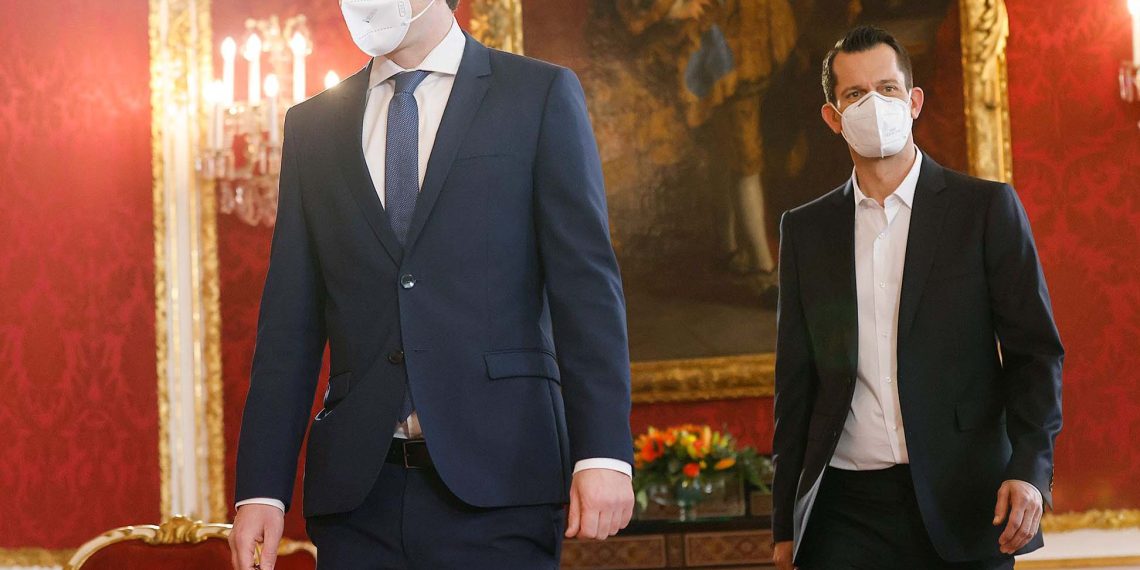
















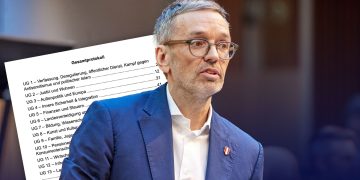

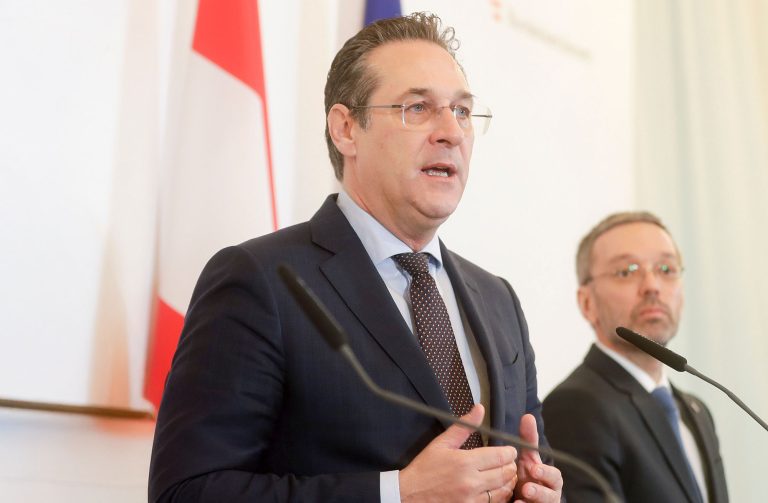
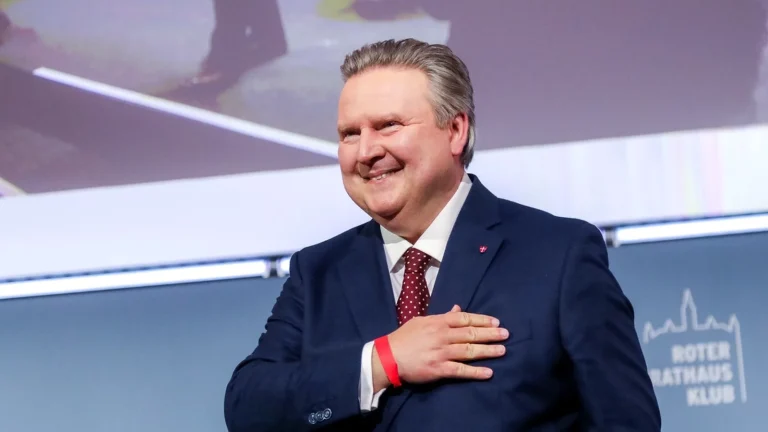











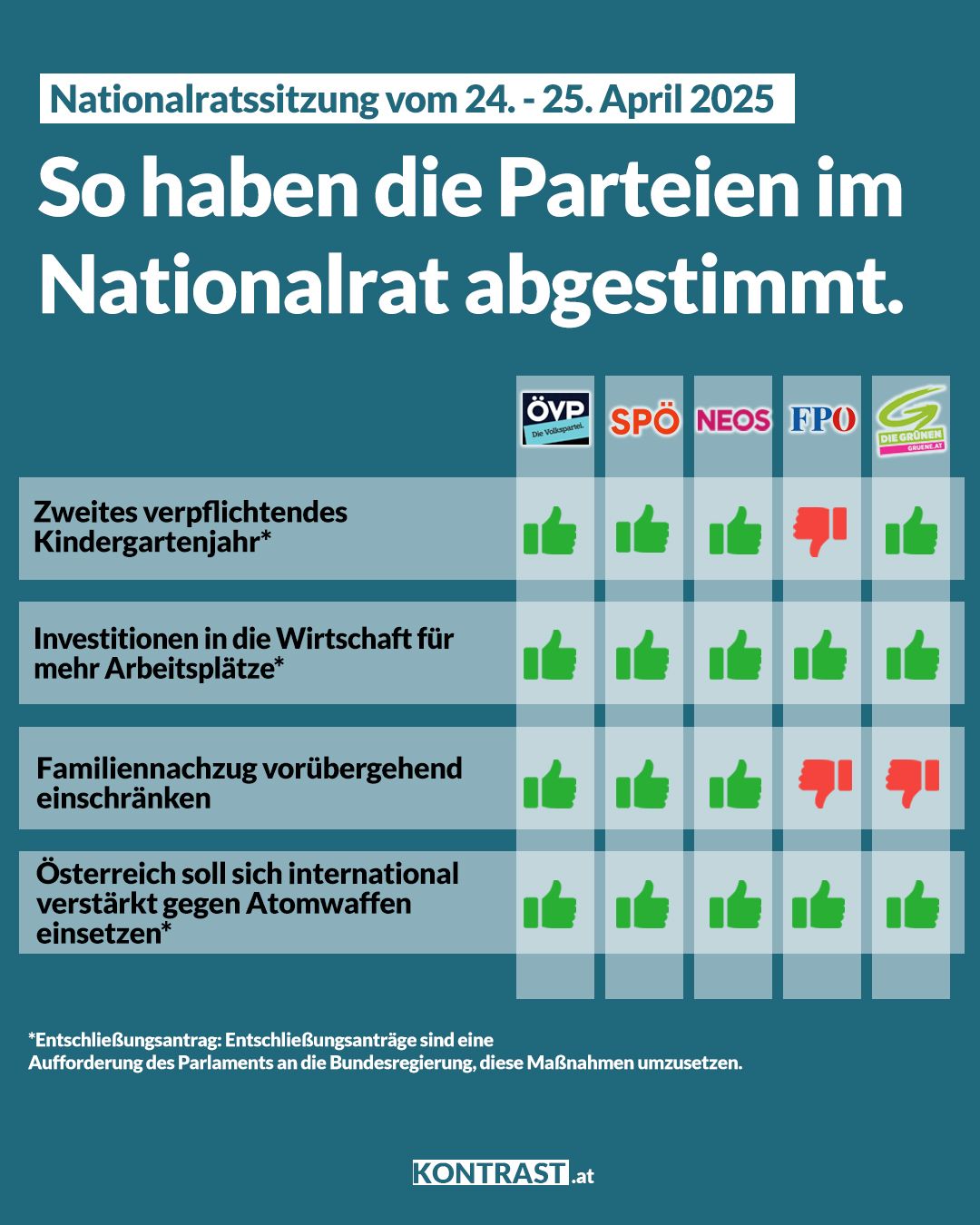












D.h. die Kazler aller Länder bestimmen, ob der Sozialminister oder irgendjemand anders am Gipfel teilnimmt? Das ist doch ein Konstruktionsfehler!
Wie kann dieses Kind namens Kurz alle auf solche Art ausboten und dann noch das Volk hinter sich haben? Das erinnert schon an die ehemalige adolfische Diktatur in den 40er-Jahren.